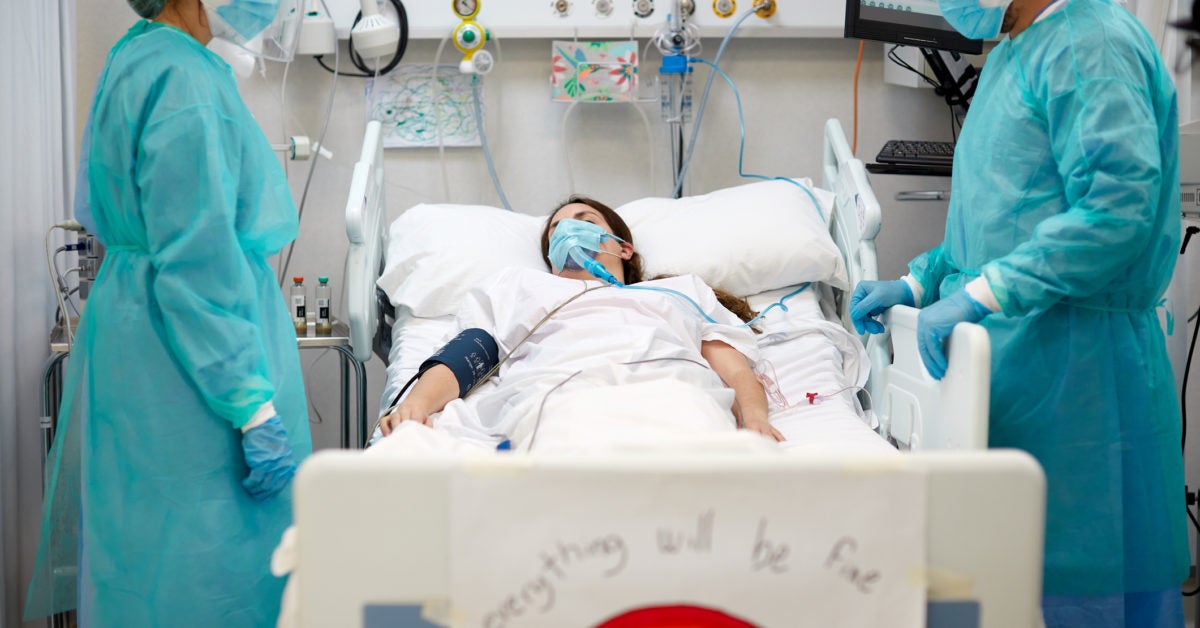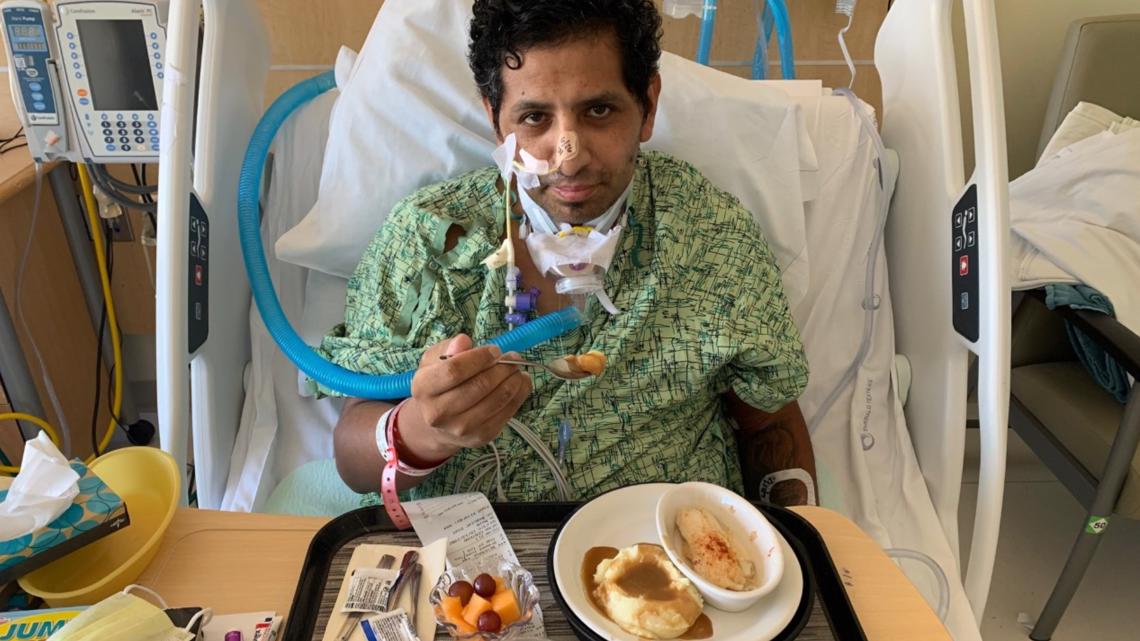
While some long-haul symptoms of COVID-19 appear harmless, Shaib says ones that affect the lungs, heart and brain are more concerning and should be monitored by a physician:

Gastrointestinal symptoms, such as difficulty swallowing, irritable bowel syndrome (IBS) and indigestion.Sleep disturbances with insomnia and sleepiness during the daytime.Fatigue with limited ability to exercise or even perform activities of daily living.“Symptoms persisting beyond a month is where we are seeing more of a chronic or long-lasting effect.”Ĭommon long-term COVID-19 symptoms include: “The acute illness when uncomplicated will normally last about two to three weeks,” Shaib said. This can occur in up to 10% of those infected with the virus. Fidaa Shaib, a pulmonary expert at Baylor College of Medicine, says people who suffer from persistent symptoms after recovering from the acute illness, also known as “long-haulers,” are often healthy prior to getting infected with COVID-19. If you're recovering from COVID-19 and aren't yet vaccinated, learn more about taking the necessary step to prevent a recurrence: getting vaccinated.Most people who have COVID-19 expect their symptoms to disappear after a few weeks, but some continue to experience effects months after recovery.ĭr.Your doctor can also help you manage these lingering symptoms. These "long haulers" can have variety of problems, since the virus can attack not only the lungs, but also the heart, kidneys and brain. In some cases, patients will have lingering symptoms after the initial COVID-19 infection, often called post-COVID syndrome. If your recovery is prolonged, he or she may recommend a specialized program, such as pulmonary rehabilitation, to help get you back on track. If you are recovering from COVID pneumonia and experiencing persistent problems, I recommend seeing your doctor for a follow-up evaluation. Whether you have preexisting conditions.Lee: Regardless of what causes it, regaining strength after pneumonia can take quite a long time - from several weeks to many months.ĭuring COVID pneumonia recovery, your body first has to repair the damage caused to the lungs then it has to deal with clearing leftover fluid and debris and, finally, scarring until the tissue is fully healed over - all of which come with unpleasant symptoms.įor the 15% of infected individuals who develop moderate to severe COVID-19 and are admitted to the hospital for a few days and require oxygen, the average recovery time ranges between three to six weeks.įor the 5% who develop severe or critical illness, recovery can take much longer.Įveryone's recovery is unique and depends on: What is the recovery time for COVID pneumonia?ĭr. In fact, early data is showing that up to a third of COVID pneumonia patients have evidence of scarring on X-rays or lung testing a year after the infection. In more severe cases, the damage can last a long time. Like other respiratory infections that cause pneumonia, COVID-19 can cause short-term lung damage. Additionally, the widespread inflammation that occurs in some people with COVID-19 can lead to acute respiratory distress syndrome (ARDS) - a severe type of lung failure. What's more is that COVID pneumonia often occurs in both lungs, rather than just one lung or the other. When COVID pneumonia develops, it causes additional symptoms, such as: In the case of COVID pneumonia, the damage to the lungs is caused by the coronavirus that causes COVID-19. Regardless of the bacteria or virus causing it, pneumonia can become very serious, even life-threatening. The resulting fluid and debris build-up makes it hard for a person to breathe - sometimes to such an extent that oxygen therapy or ventilator support is required. Lee: Pneumonia occurs when a bacterial or viral infection causes significant damage and inflammation in the lungs. Lee do know about COVID pneumonia, including about how long it can take to fully recover from it. That being said, there's still plenty that experts like Dr. Rayman Lee, pulmonologist at Houston Methodist.

"We still have a lot to learn about COVID-19, particularly about the havoc it can wreak on the lungs and the pneumonia it causes, which is often now called COVID pneumonia," says Dr.

You're likely familiar with the common, mild symptoms of COVID-19 - including fever, dry cough and fatigue.īut, in more severe cases, COVID-19 can also cause serious complications, including pneumonia.


 0 kommentar(er)
0 kommentar(er)
